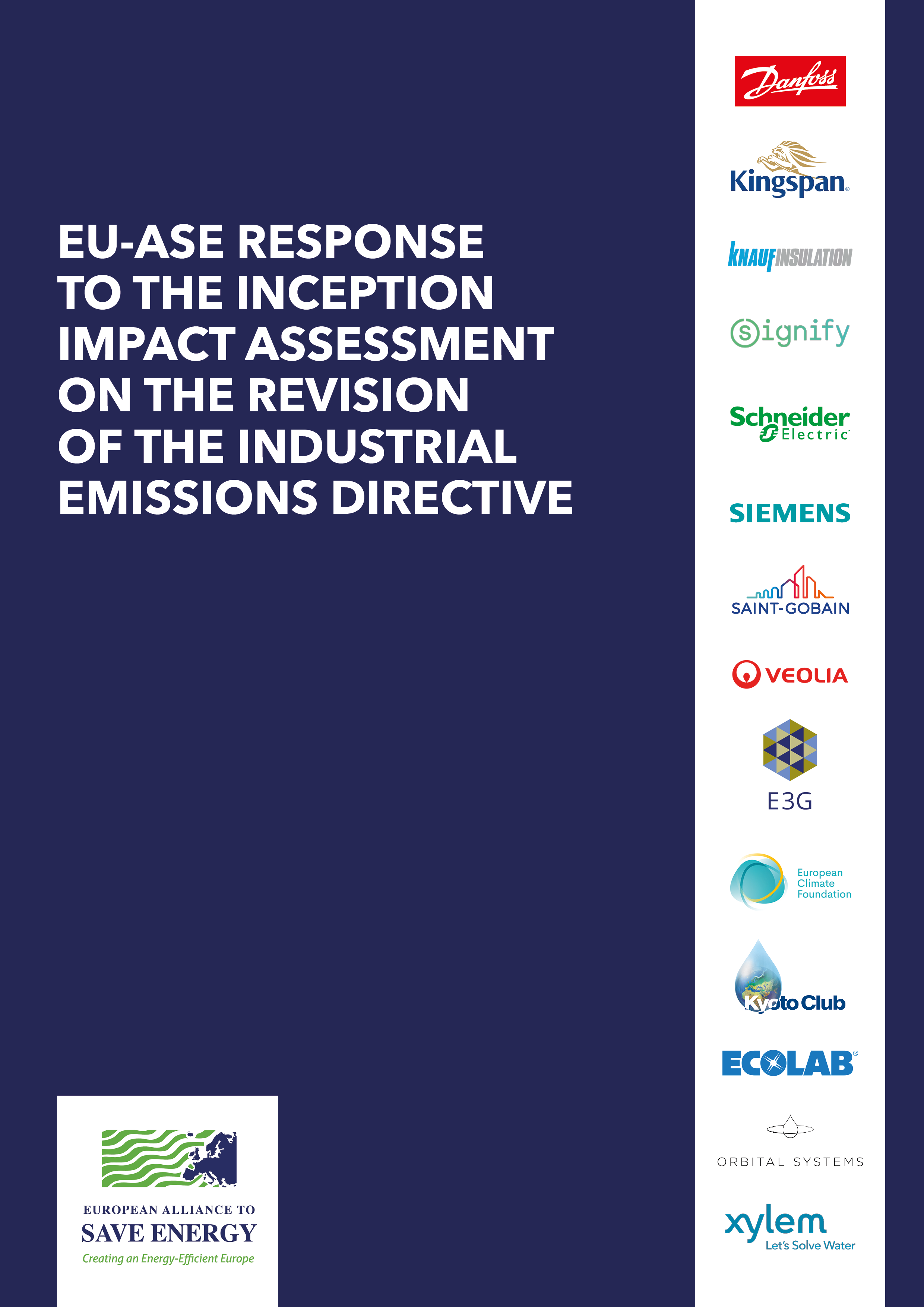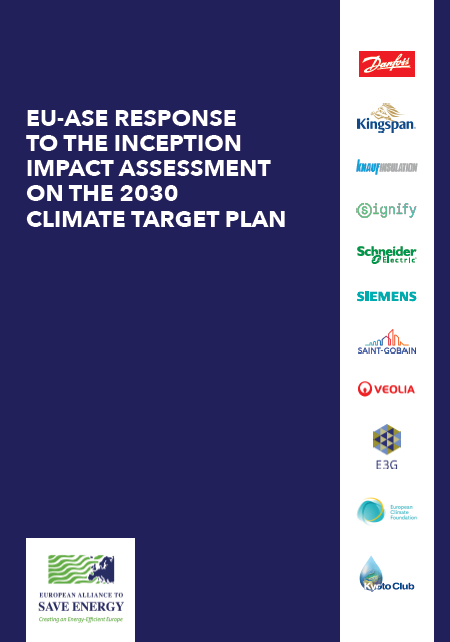The vaccine to future crises is sticking to climate neutrality

by Monica Frassoni, President of the European Alliance to Save Energy (EU-ASE)
This op-ed was published on Foresight
While helping workers and companies survive the current crisis, the European institutions should confirm and accelerate the EU’s path to carbon neutrality by 2050, including fixing emissions reduction targets in line with science.
The effects of Covid-19 affect all of us, citizens, businesses and policymakers, and put us in front of a highly disruptive and unprecedented situation. This emergency is forcing us to quickly find solutions to come out as soon as possible from a standstill that touches all aspects of our lives.
What is even more worrying, however, is that this crisis might not be unique in the upcoming years. Even before the outbreak of Covid-19, it was already well-known that challenges such as climate change, pressure on resources and social inequalities required deep transformations in our ways of producing, consuming, living and moving at every level, from local to global. The current crisis has made this clearer. As we plan the next economic recovery measures, we cannot limit ourselves to repair what has been broken. We must collectively build a more sustainable and resilient society to be able to prevent, or at least limit, damages from future shocks. To do this, common, coordinated action is necessary and the EU’s input and guide are precious.
That is why it is key to resist calls to water-down or postpone the European Green Deal from those arguing that in these difficult times supporting the economy no matter what should be prioritised over preparing our transition to a sustainable society. As an association representing strong, global businesses, we believe this dichotomy is false and counterproductive. On the contrary, the Green Deal is the best available, if not the only, growth strategy for the present and the future.
We will all benefit from the acceleration of investments stemming from the Green Deal and Europe’s drive towards climate neutrality will create opportunities that will help us out of the current economic standstill while preventing the future health, economic and environmental crisis that is likely to happen if we fail to keep the global temperature increase below 1.5°C. By basing economic stimulus plans on energy and resource efficiency, circularity and inclusion, European governments could boost economic recovery and job creation in key sectors such as construction, transport, energy, agriculture and manufacturing.
While helping workers and companies survive the current crisis, the European institutions should confirm and accelerate the EU’s path to carbon neutrality by 2050. A clearer roadmap for 2030 and 2040, fixing adequate targets of emission reductions in line with science, is needed. Moreover, we need an efficient and more easily accessible financial framework to help unlock and direct the enormous amounts of private and public investments that will be available in the next months. Finally, the planned revision and update of existing EU legislation, notably in the energy and circular economy sectors, must not be delayed.
In addition, if we are to build a sustainable, resilient and inclusive EU economy we need to overcome existing barriers. These include the insufficient implementation at national level of current legislation, particularly when it comes to energy efficiency and renewables; cumbersome procedures making green investment and the use of available resources difficult for those which could most benefit from them (such as SMEs, local authorities and communities); and hesitations and delays to realise the much-needed phase out of fossil fuels.
The Green Deal is not yet a given. It still needs to be clearly defined and its implementation faces today unexpected challenges. Still, we believe that business and societies are more and more aware that we cannot simply go back to where we were before. Europe needs a clear direction, sufficient resources and a sound and shared set of rules to move beyond the shock of Covid-19 and prevent future crises. Sticking to the climate neutrality path is the only way allowing to do both.




